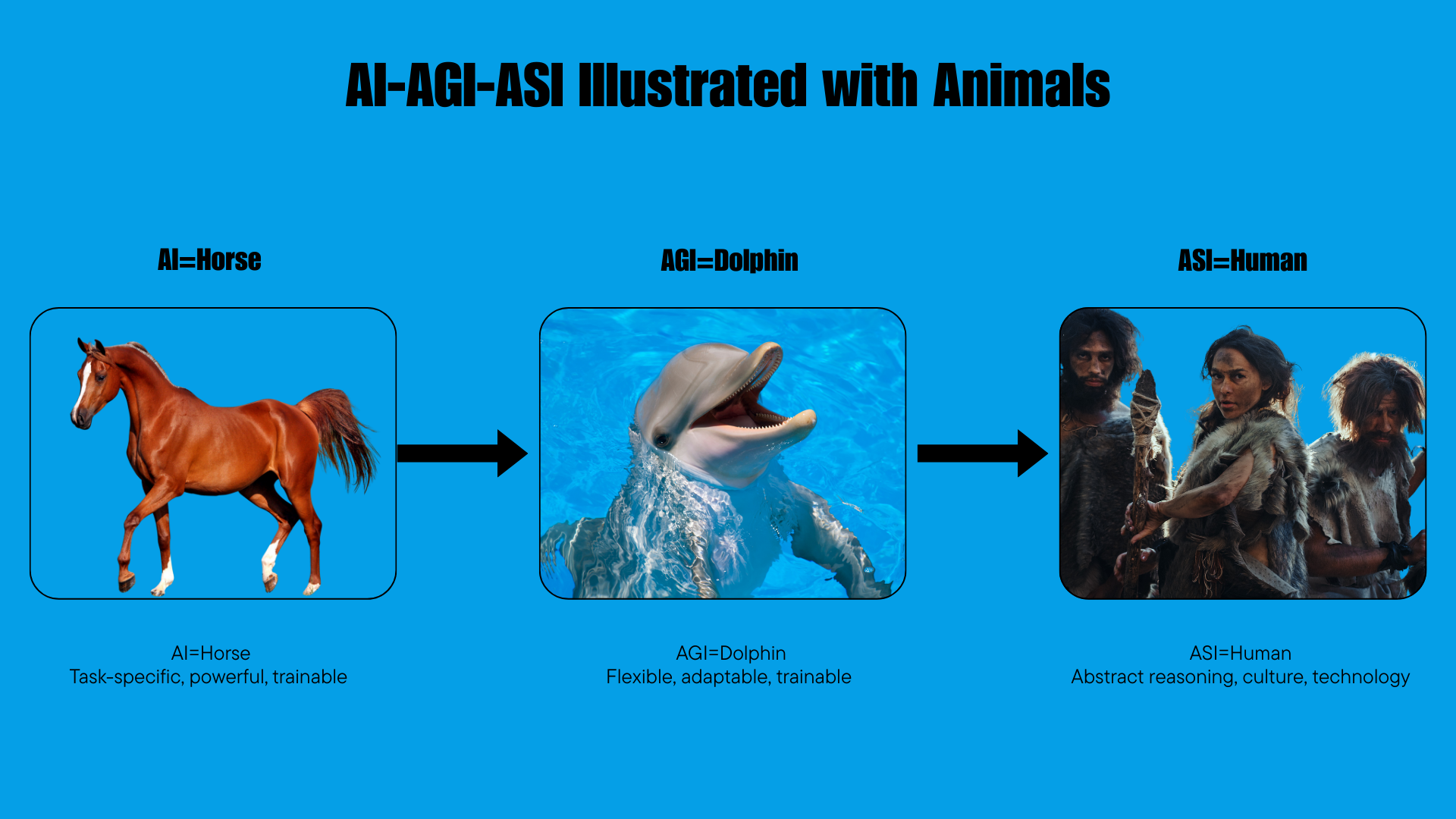Featured Post
What’s Shaping Tomorrow
Discover the latest insights, breaking news, and in-depth analysis across technology, startups, and innovation.
The Global Arbitrage: Migrating 10-20X A Nurse’s Earnings
The global arbitrage through migration can 10-20X A nurse’s earnings. In an era of universal labor mobility, few professions offer as dramatic an arbitrage opportunity…
Latest Posts
Featured Category
Entrepreneur
Featured Category












